Documentary Filmmaker R.J. Cutler's Top 5
October 12, 2023
As his first film, R.J. Cutler produced The War Room. Directed by Chris Hegedus and D.A. Pennebaker, the cinéma verité look at Bill Clinton's 1992 presidential campaign was Oscar-nominated for Best Documentary Feature Film at the 66th Academy Awards. Now 30 years later, Cutler reflects on what he learned making that film that has proven invaluable throughout his career.
"The first day I met D.A. Pennebaker, he said to me, 'You've got to have a bank robber's mentality. Travel light, and always be ready to make a break for it,'" he says. "Other lessons that he and Chris Hegedus imparted on me: The story belongs to the subject, not to the filmmaker. Understand that the subject is trusting you with their story and act accordingly. Always try to stop shooting 10 minutes before they ask you to stop shooting. In the edit, it's character first. And when in doubt, look for the humor."
In the years since, Cutler has directed documentaries about John Belushi and Dick Cheney and Billie Eilish, as well as projects set in the world of fashion (2009's The September Issue) and education (2001's Emmy Award-winning “American High”).
His latest project is the docuseries, “Big Vape: The Rise and Fall of Juul,” which looks at how the controversial e-cigarette company went from rags to riches and then up in flames. (For Cutler, the four-part series tackles the "central narrative of our time: The unintended consequences of Big Tech.")
"I'm attracted to telling stories about people at a cross-roads, and I approach them all with empathy," the filmmaker explains. "I love strong characters, telling a good yarn, and imbuing my work with a certain theatricality — I was, after all, a theater director before I turned to making documentary films. I want you to laugh, to cry and to stomp your feet. And I have a strong conviction that these films are cinema first, or as I like to say about documentaries, 'They're just like real movies!'"
Below, Cutler shares with A.frame five films that had a major impact on him, including the Oscar-winning documentary that first inspired him to become a documentary filmmaker.
Harlan County U.S.A. (1976)
Directed by: Barbara Kopple
I saw Harlan County U.S.A. as a high school student and was mesmerized by the fact that a film could so fully transport me to a coal mining town in southeast Kentucky. I remember so clearly hearing Barbara's voice asking questions from behind the camera and knowing without knowing that I was destined to make documentary films.
Gimme Shelter (1970)
Directed by: Albert and David Maysles and Charlotte Zwerin
A touchstone for me since I first saw it as a teenager. The structure, the tension, the power, the music, the propulsion, and the visual style all provide a clinic in great filmmaking. I revisit it as often as I can.
The Philadelphia Story (1940)
Directed by: George Cukor
The film that taught me that movies — indeed all works of narrative art — have a mind of their own, a way of seeing the world, and a philosophical point-of-view.
The Lady Eve (1941)
Directed by: Preston Sturges
When I'm feeling blue, this film picks me up. When I'm feeling full of life's blessings, this film puts the cherry on top. When I'm looking for a conversation with an old friend, this is the movie I turn to.
Dog Day Afternoon (1975)
Directed by: Sidney Lumet
It's the first film I ever watched and went back to the theater to watch the again the next day. From the opening verité credit sequence, set to Elton John's "Amoreena," to the final stunning and heart-pounding climax, every shot of this film, every performance, indeed every moment is filled with the kind of humanity to which I aspire in the films I make.

